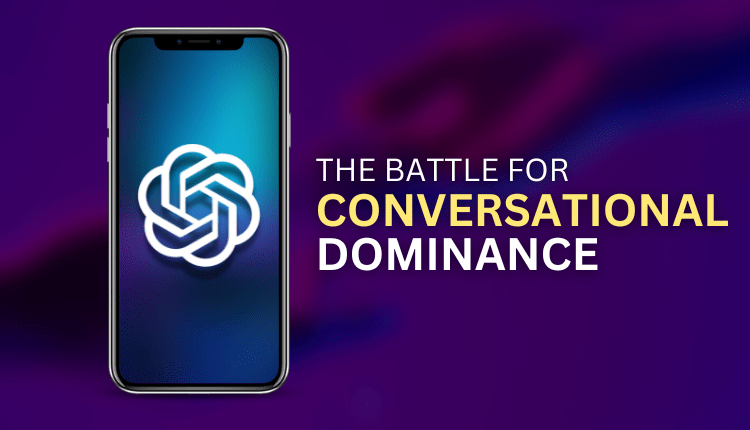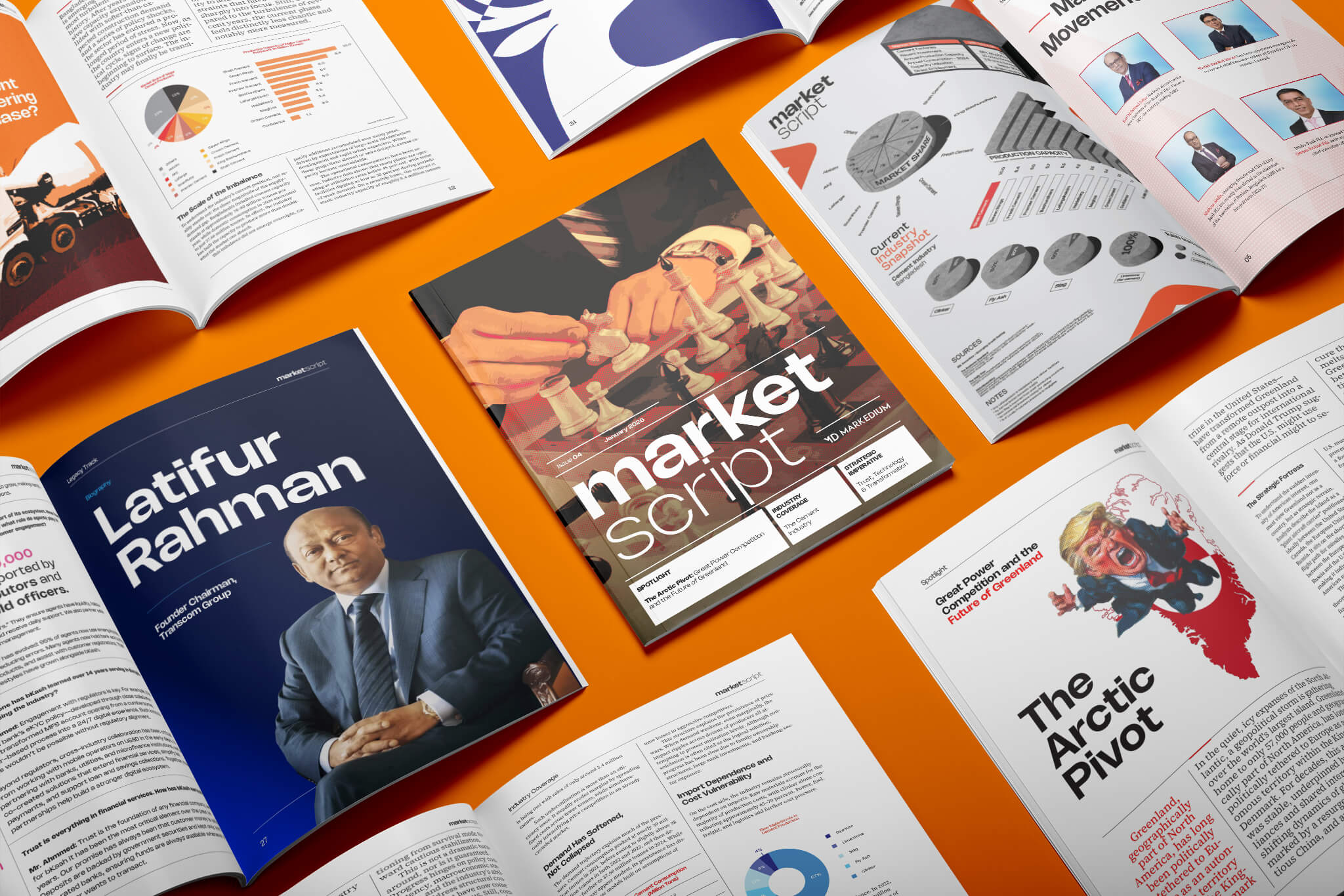In a move that has captivated the AI industry, OpenAI has set the stage for an intense battle in the world of conversational artificial intelligence (AI). The company recently announced the launch of a free iOS app for ChatGPT, its powerful language model. The app’s availability on Apple devices is just the beginning, as OpenAI promises an Android version in the near future.
Not to mention, ChatGPT’s recent update enables the platform to browse the internet eliminating the long-due information restriction after 2021.
Read more: WhatsApp Introduces Chat Lock To Secure Your Most Private Conversations
This strategic move not only highlights the increasing accessibility of AI-powered conversations but also serves as a milestone in the broader landscape of generative AI.
The Impact of OpenAI’s Free iOS App
OpenAI’s decision to launch a free iOS app for ChatGPT carries significant implications for the world of technology and its users. This release democratizes access to advanced conversational AI, making it available to a wider audience. Users can now engage with the AI model, seeking assistance, answering questions, or simply engaging in casual conversation. The app’s availability on iOS devices, known for its popularity and user-friendly interfaces, makes AI-powered conversations more accessible and approachable to everyday users.
The app’s use cases are vast, spanning from personal assistance to educational support. Users can rely on ChatGPT to help with research, provide information, and offer recommendations. It has the potential to transform how people seek information and interact with technology, acting as a personalized AI assistant accessible at their fingertips. From students looking for quick answers to professionals in need of reliable resources, the app can cater to a diverse range of user needs.
Read more: Unilever Consumer Care Re-Elected Masud Khan As The Chairman For Another 3-Year Tenure
Moreover, the launch of an iOS app by OpenAI not only highlights the company’s commitment to expanding the reach of its AI technologies but also serves as a direct challenge to other tech giants. In particular, it marks a significant showdown in the battle for conversational dominance between OpenAI and Google, which has its own conversational AI platform, Google BARD. As these industry giants compete for market share, users are the ultimate beneficiaries, gaining access to increasingly advanced and user-friendly AI-powered experiences.
GPT-3.5 and the Advancements toward GPT-4
To understand the significance of OpenAI’s iOS app launch, it is essential to grasp the underlying technology that powers it. ChatGPT is based on OpenAI’s highly acclaimed language model, GPT-3.5, which represents a remarkable leap in generative AI capabilities. GPT-3.5 is a culmination of advancements built upon its predecessor, GPT-3, incorporating numerous improvements in training, model architecture, and performance.
While GPT-3 astounded the world with its ability to generate coherent and contextually relevant text, GPT-3.5 takes it a step further. It exhibits enhanced language understanding, improved response quality, and reduced instances of generating nonsensical or biased content. These advancements result in more accurate and reliable conversations, making the AI model a valuable companion in various contexts.
Read more: BAT Bangladesh Posted Revenue Growth Of 16.1% YoY In Q1’23
Looking ahead, OpenAI has set its sights on GPT-4, the highly anticipated next iteration of its language model. Although specific details about GPT-4 are yet to be revealed, expectations are running high. OpenAI aims to address the limitations of its predecessors, addressing issues such as fine-tuning and controllability, and enhancing the model’s ability to understand and generate nuanced responses. GPT-4 promises to deliver even more realistic and contextually aware conversations, ushering in a new era of AI-powered interactions.
The Future of Generative AI
OpenAI’s launch of a free iOS app for ChatGPT and its impending Android version signifies a turning point in the broader landscape of generative AI. It showcases the increasing integration of AI into our daily lives, making it an integral part of our interactions and experiences. The availability of conversational AI apps like ChatGPT on widely-used mobile platforms signals a future where AI becomes ubiquitous, and seamlessly integrated into our devices and applications.
As technology continues to advance, the potential use cases for generative AI are limitless. From personalized virtual assistants that can understand and respond to natural language queries, to AI-powered customer support chatbots that provide instant and accurate assistance, the applications span across industries and sectors. Healthcare, education, entertainment, and business are just a few areas where generative AI can revolutionize the way we communicate and engage with information.
The launch of OpenAI’s free iOS app is a testament to the company’s commitment to democratizing access to AI technologies. By offering a user-friendly and cost-free solution, OpenAI aims to bridge the gap between AI experts and everyday users, empowering individuals from all backgrounds to benefit from the potential of AI-driven conversations. This inclusive approach aligns with OpenAI’s mission to ensure that artificial general intelligence benefits all of humanity.
However, as the battle for conversational dominance intensifies between OpenAI and Google, it is crucial to consider the broader implications of AI advancements. Ethical considerations, privacy concerns, and the potential impact on the job market all come into play. Striking a balance between innovation and responsible deployment is essential to harness the full potential of AI while mitigating potential risks.
In conclusion, OpenAI’s launch of a free iOS app for ChatGPT and the impending release of an Android version signifies a major milestone in the world of conversational AI. The accessibility and user-friendliness of the app pave the way for widespread adoption and integration of AI-powered conversations into our daily lives.
As OpenAI and Google compete for dominance in this space, the future of generative AI looks promising, with advancements in language understanding, response quality, and context awareness. However, it is imperative that we approach the integration of AI technologies with caution, ensuring ethical and responsible practices to maximize the benefits for all of humanity.
For more updates, be with Markedium.









































Leave a comment